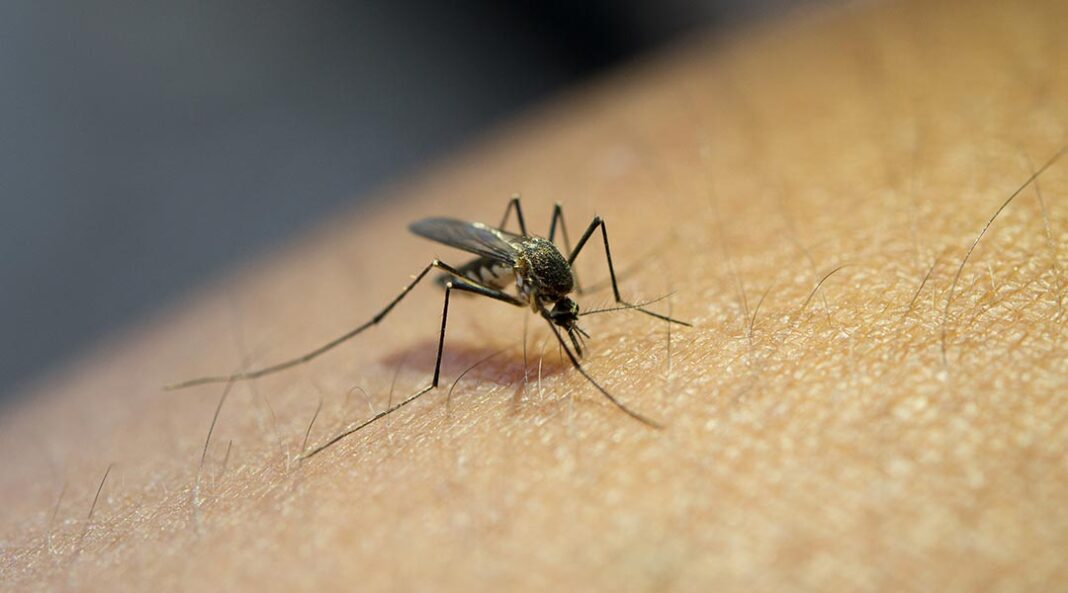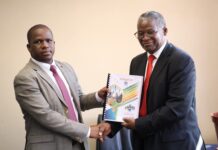There was an upsurge in malaria cases between the months of January and June, as six people died due to malaria-related infections.
The upsurge this year has necessitated the National Malaria Control Programme to facilitate a workshop for 90 nurses to train them on malaria diagnosis and treatment through funding from the World Health Organisation (WHO).
The training commenced on Tuesday, and it ends today at The George Hotel. National Malaria Control Programme Senior Programmes Officer under the Case Management Department Mbongiseni Mathobela said a majority of the nurses they were training were from the lowveld, and they were selected from facilities which reported most cases of malaria. The main objective of the workshop was to train the healthcare workers on diagnosis and treatment of malaria.
This, he said, came after they noticed that there was an upsurge of malaria cases, particularly between the month of January and June compared to last year.
“During the months between January and June, we were recording about 70 cases per month yet in the previous year, we recorded an average of about 40 cases per month within the same period,” he said.
Some of the malaria-related deaths were as a result of missed opportunities at facility level.
Also Read: Student takes govt to court over scholarship
Mathobela said given that the last training for nurses was in 2021, they felt that maybe the level of competency and the index of suspicion in health facilities had decreased, hence they decided to facilitate the training for the nurses in a bid to sensitise them about malaria diagnosis and treatment.
Most of their discussions during the training were focused at community level.
“Most of the cases do not emanate from households situated in the communities, but from the activities that are taking place in the forests in communities during farming from both informal and formal famers, which is practiced by, amongst others, sugarcane and dagga farmers, who spend most of their time in the forest and in the process are exposed to mosquitoes and thereby, contribute towards the high rate of malaria in the country,” he said.
He made an example that dagga famers normally spent about three months in the forest during the harvesting season and yet during that period, they become exposed to malaria infections. He said they were therefore, training the nurses so that when such clients reported to their healthcare facilities, they will be in a position to diagnose them as early as possible and administer the appropriate treatment before it was too late.
Mathobela said they were also training the nurses to sensitise the community members of the healthcare facilities, where they were based about malaria and also to give the National Malaria Control Programme personnel a heads up on populations that needed mosquito nets, so that they could attend to them.
“There was a decrease, however, when you go deeper and look at the local transmission, you will realise that there was not much of a difference since around 250 cases of local transmission were recorded. Our target for elimination is zero cases, but at the moment we are still at around 250 cases of local transamission.
However, it’s possible to decrease the number of cases by about 80 per cent if we work cooperatively as a nation,” he said.
Next week, they would be conducting training for 50 doctors on malaria diagnosis and treatment.








